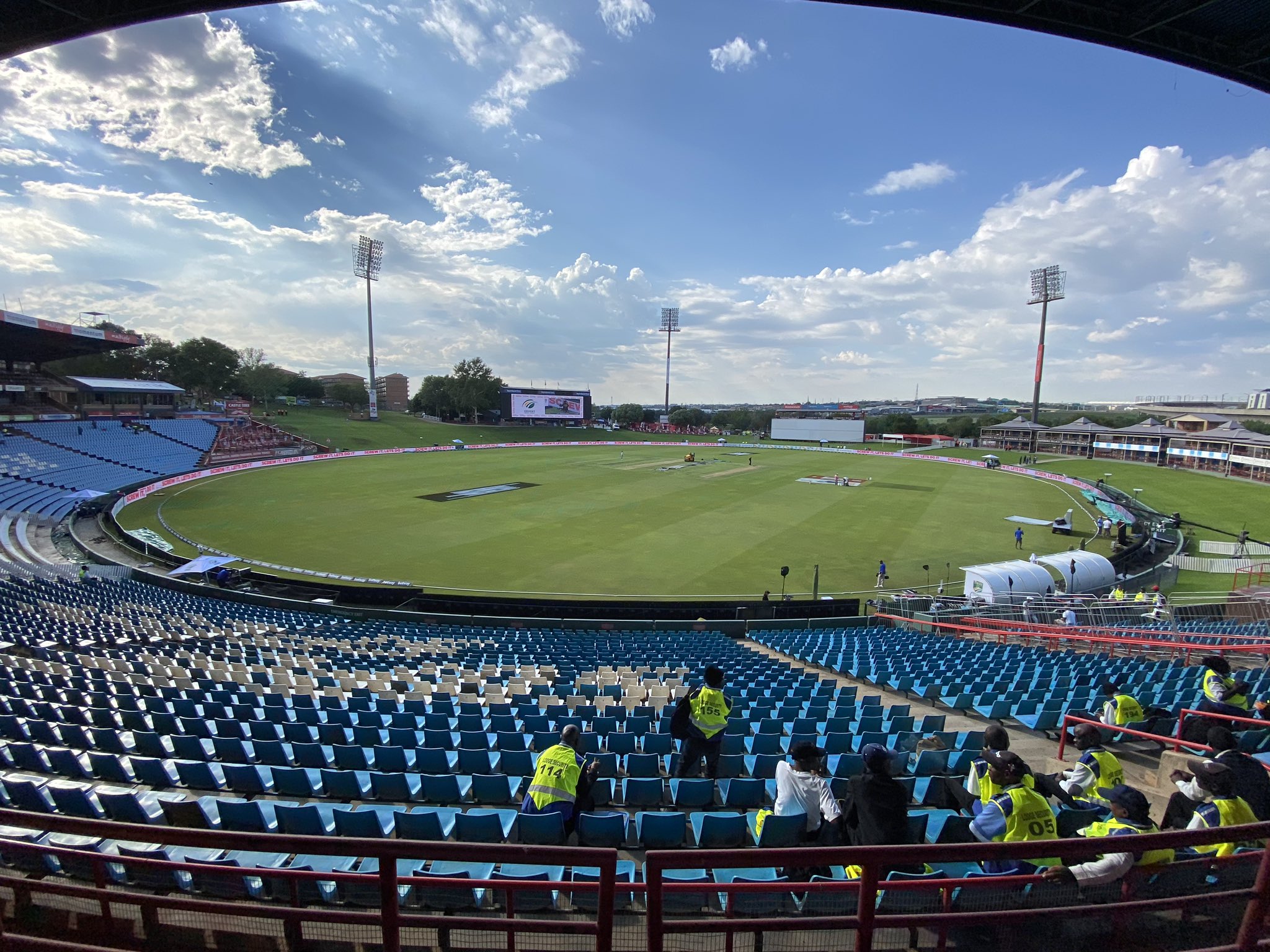A continent large, decade long maladministration in African cricket
From there to South Africa winning the Rugby World Cup title late in 2019 could’ve been a perfect way to end a perfect decade. But the 2010s were anything but perfect for South Africa in sports, or at least in cricket.

In fact, the team was facing their biggest challenge in the sport since readmission with the board crumbling down with a preceded struggle on the field.
Consecutive test whitewashes suffered against Sri Lanka, at home, and India, in the subcontinent, with an embarrassing World Cup exit sandwiched in between had presented South Africa with a horrendous 2019. But the worst was seen when CSA publicly apologized for its shortcomings. A couple of weeks away from hosting the English team, chief executive of the board Thabang Moroe was suspended with allegations of misconduct. Even though CSA said that the decision to place Moroe on “precautionary suspension”, it was just the failure of controls in the organisation getting reflected.
From domestic legal battles, sponsors having withdrawn, journalists been banned from domestic games, to the Kolpak squeezing out national talent had left the board in a mess. Meanwhile, the retirements of AB de Villiers, Hashim Amla and Dale Steyn was an indication to the big picture problem all lurking. Perhaps, the poor form is a reflection of the board’s turmoil. A case that was seen in Zimbabwe cricket too. A cloud that has no silver lining.
It all came to the forefront when Zimbabwe Cricket dropped its entire staff, in March 2018, after being unable to qualify for the 2019 World Cup. Everyone from their captain Graeme Cremer to head coach Heath Streak were asked to step down. Following that, in June this year, Zimbabwe Cricket, due to government interference at the board level, was suspended by the nation's Sports and Recreation Commission (SRC). Everything seemed so sudden, but the build-up to it was a decade long affair.
According to the SRC, entrenched in political turmoil, murky policies, overdue payments and alleged corruption, Zimbabwe’s cricketing controversies have been continuing for more than a decade and were contributing factors in the dissolution of its board. Cricket has always been rife with problems in Zimbabwe since the mid-2000s. Following the dark years of the mid-2000s where the team had lost out on playing a Test match, there was a spate of time where the possibility of a resurgence encouraged fans.
That era was ruled by Brendan Taylor when he led the Zimbabwean side in the one-off home Test against Bangladesh played in the year 2011 which marked their return to Test cricket, a format Zimbabwe had not played since 2005. However, the good times were not for long. Taylor announced his retirement from international cricket in 2015 after the World Cup where he was one of the top 10 run-getters across all teams but was paid only $250 by the ZC for the World Cup. In fact, Taylor signed a Kolpak deal with Nottinghamshire that prevented him from playing in Zimbabwe.
In October 2016, Zimbabwe played their 100th Test match, with new captain Graeme Cremer scoring a century. Taylor even broke off his agreement and decided to re-join the Zimbabwe national team as things seemed to be going better overall as the Qualifiers approached. Players remained unpaid for long periods of time, but in general, the mood in the camp was hopeful. But the entire spectrum of hope was ruined the day Heath Streak, after being expelled by the board, asked for the board to be dissolved for liquidation money. A year later, the ICC suspended the board and it was all in the open.
Amidst South Africa losing the World Cup semifinal in 2015 and Zimbabwe losing its official status with the ICC, the only positive thing that has happened for Africa is Namibia’s qualification to the WT20 to be held in Australia next year. However, the truth of other African nations like Kenya, once World Cup semi-finalists, is that they’re completed reliant on the ICC for resources. Exactly how do you run a board without money? A struggle that has long been the reality of Zimbabwe, who did not have the money to even implement the DRS in home games, as well.
The fall of a government, or even mere unrest in it, has a massive effect on its people. Such is the case with these cricket boards and the players as it is a two-way street. With a new interim board and staff, Graeme Smith as director and Mark Boucher as head coach, South Africa host England in a Test series with the first match at the SuperSport Park in Centurion, a venue where they love playing. Ever since their readmission, the Proteas have played 24 Tests and have only lost twice. Perhaps, playing at their fortress would bring good to the side that seems so shaken with turmoil and poor form.

Comments
Sign up or log in to your account to leave comments and reactions
0 Comments